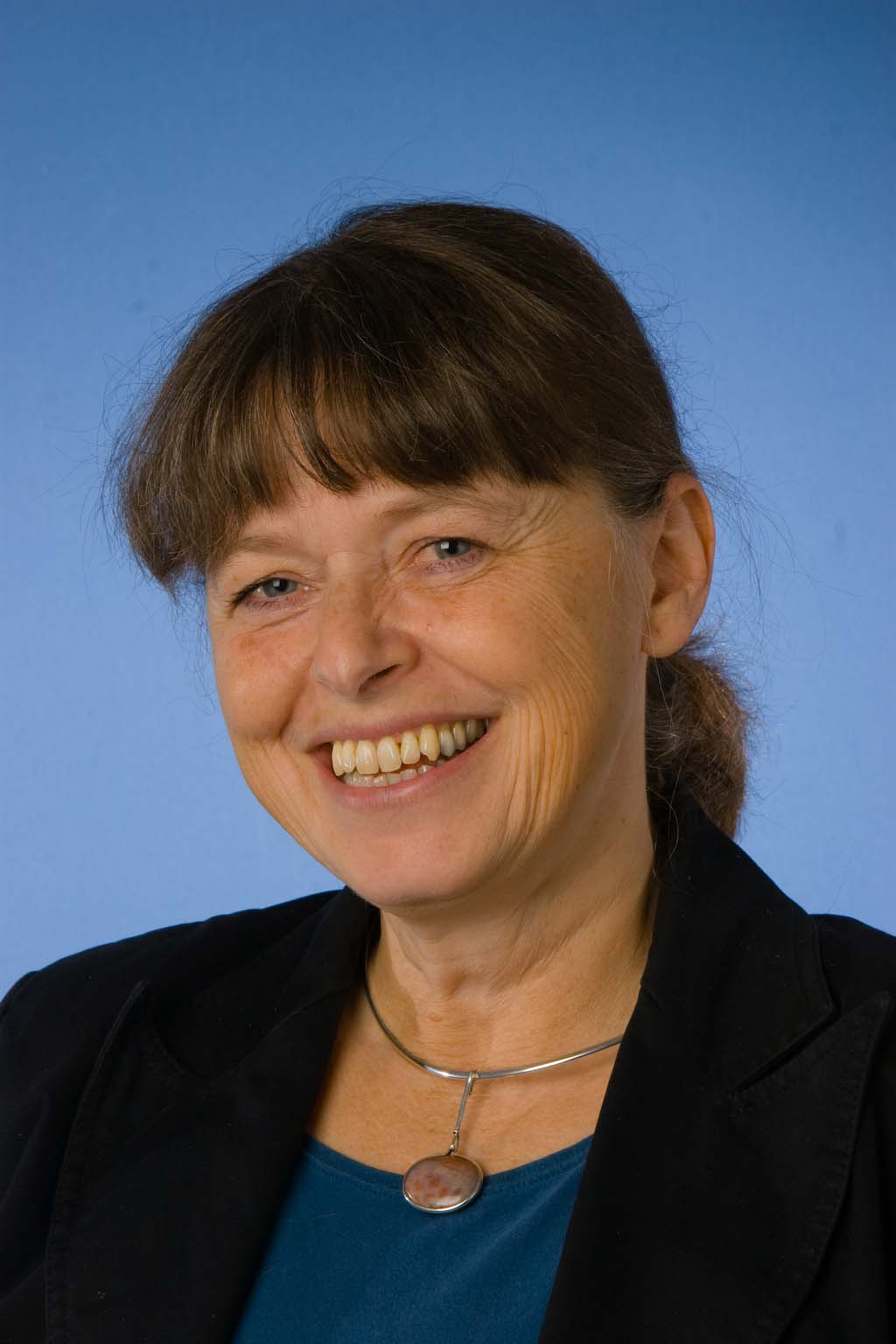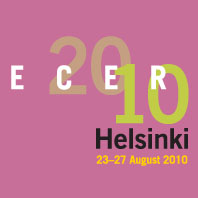
Keynote Abstract
'Paving the way into the future?'
Young people´s transitions from school to work and adulthood have become increasingly protracted and risky during the last two decades. Today, more than one third of young Europeans aged 15-24 are NEETs (Not in Education, Employment or Training), or youth with weak establishmnent at the labour market, and the average unemployment rate is nearly twice as high as in the whole working population. Poverty during childhood and adolescence and short or incomplete education are the factors with the strongest connection to unemployment and social marginalization, and immigrant youth are over-represented in this group. Vernacular education politics and youth politics differ depending on local conditions and cultures, but increasingly they also incorporate a common enterprise or market culture - ideas of individualism, competition and self-governance. “… like the rest of society, they (young people) face greater individualism and competitive pressures and do not necessarily share the same opportunities (Commission of the European Communities 2009: An EU Strategy for Youth – Investing and Empowering). Departing from some Scandinavian examples, the keynote presentation focuses the ways different education and youth policies in Europe are designed to meet conflicting demands of cultural and economic change.
Biography
Lisbeth Lundahl is Professor at the department of Child and Youth Education, Special Education and Counselling, Social Science Faculty at Umeå University. She was the Secretary General of EERA in 2005-2008, and she is an active member in Network 23 on Policy Studies and Politics of Education.
In the last decade her research has focused on new forms of education governance introduced in contemporary Sweden - in particular decentralisation, deregulation and the introduction of a market ideology - in particular against a European context. Local youth policies, new patterns of school-to-work transitions and life-careers are other, closely related research fields. She is also part of the Swedish team in EERQI, a large FP 7 project, aiming at the development of new quality indicators in European educational research. She has participated in comparative research projects in Nordic and European level, she is active in several research networks and has published widely.
Lundahl’s contribution to the theme of the conference will be in contextualising the themes of cultural change in local educational contexts into European educational politics and policies.
Homepage: www.busv.umu.se/personal/lisbeth_lundahl_eng.html
